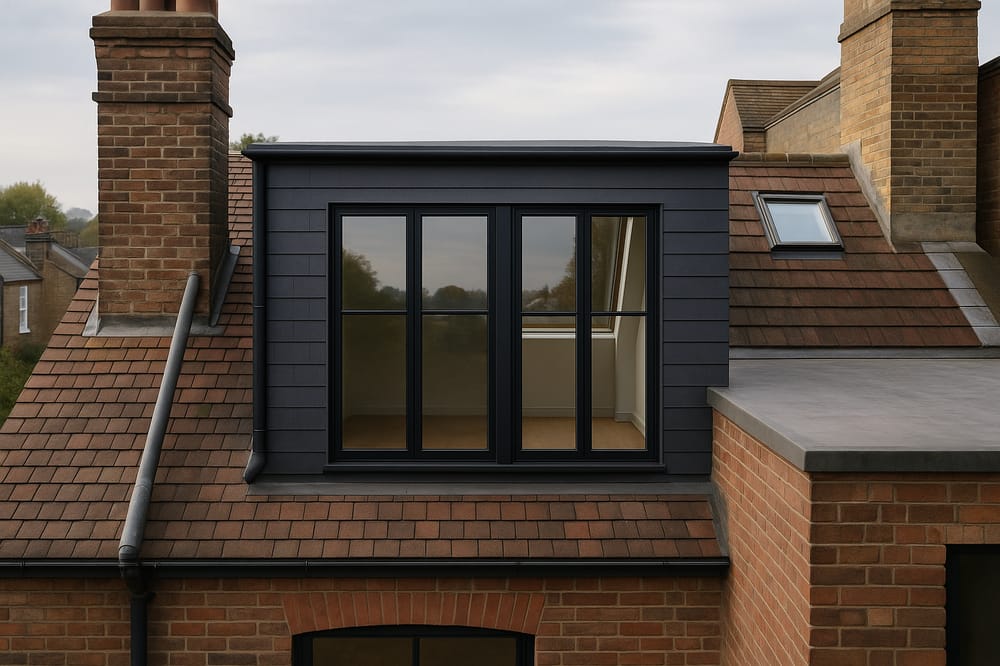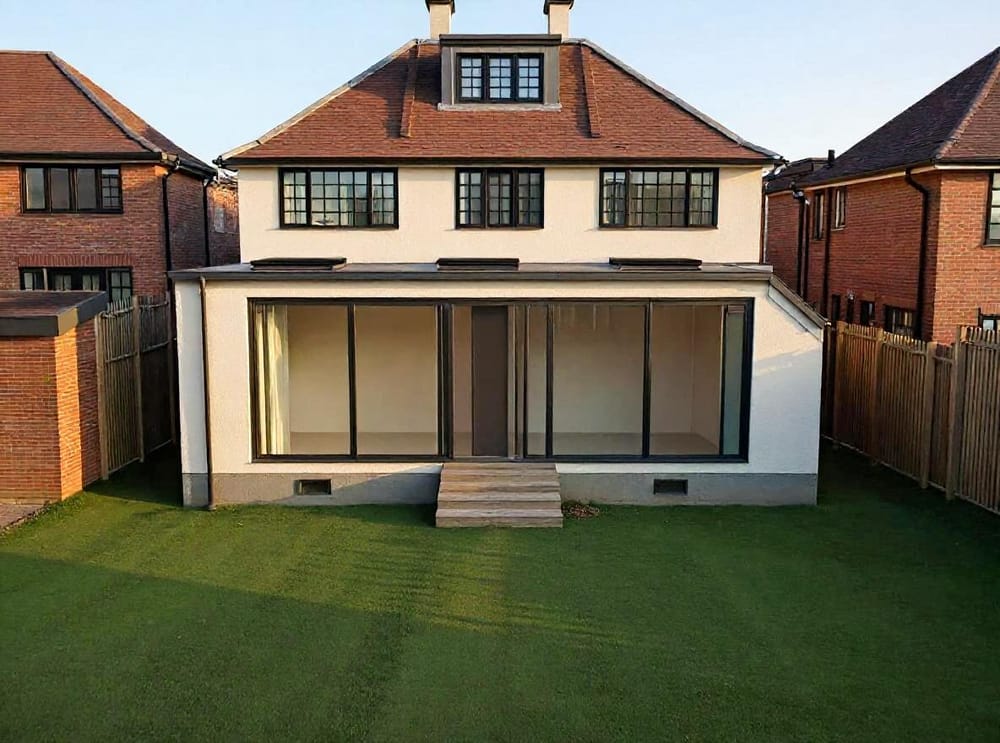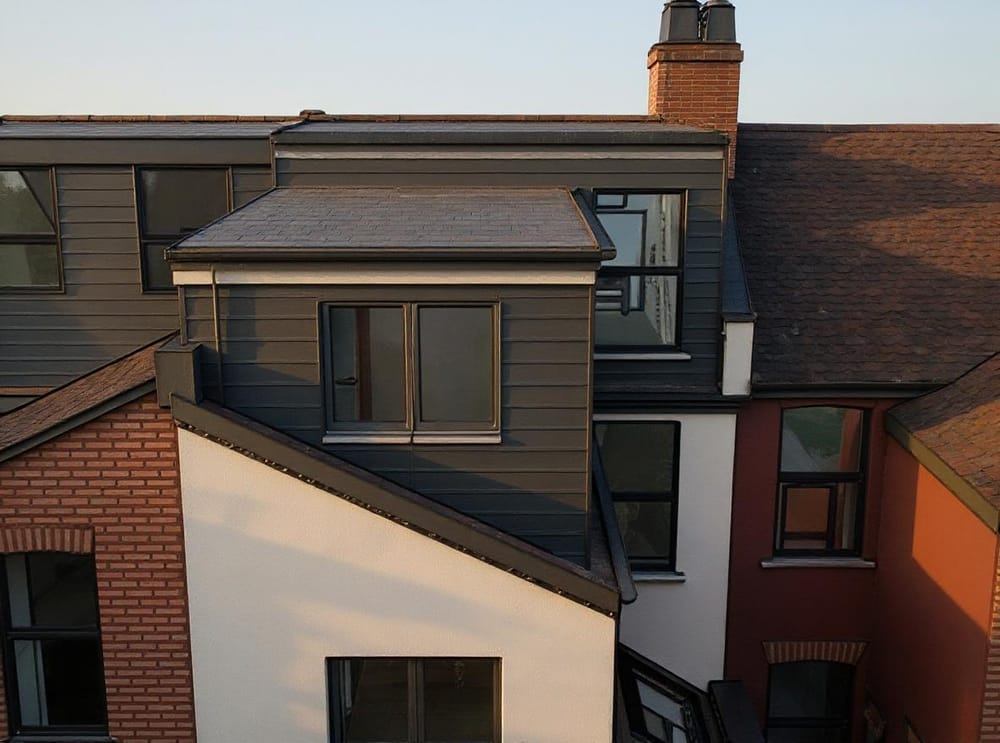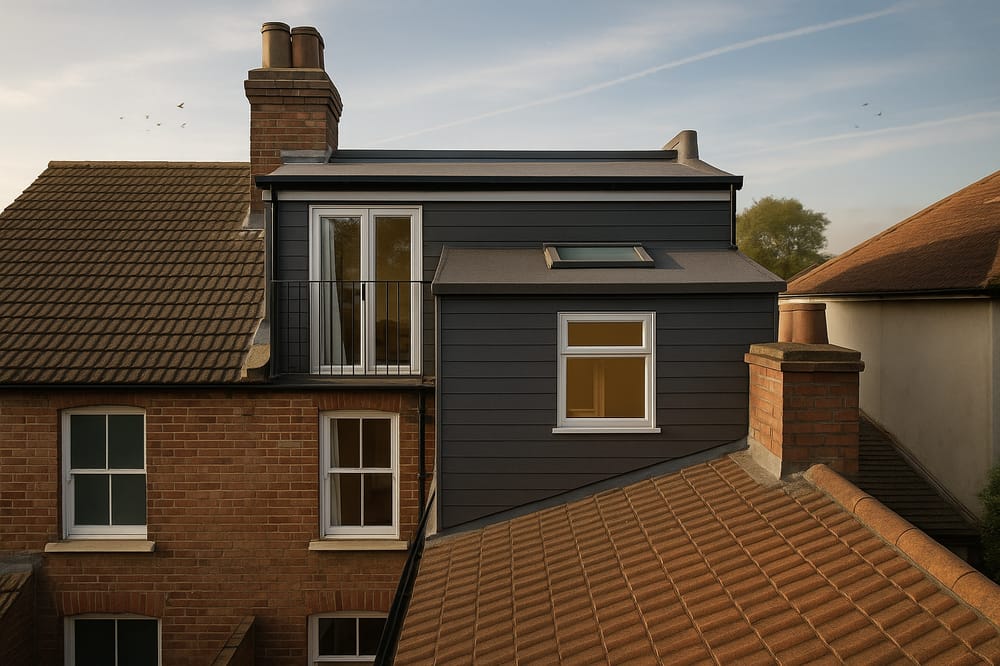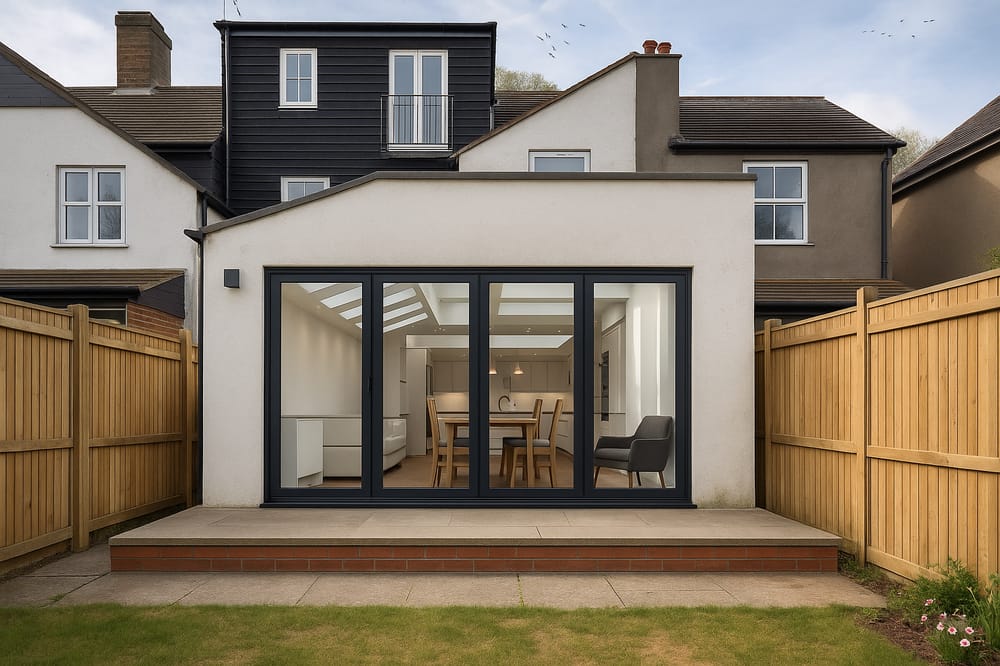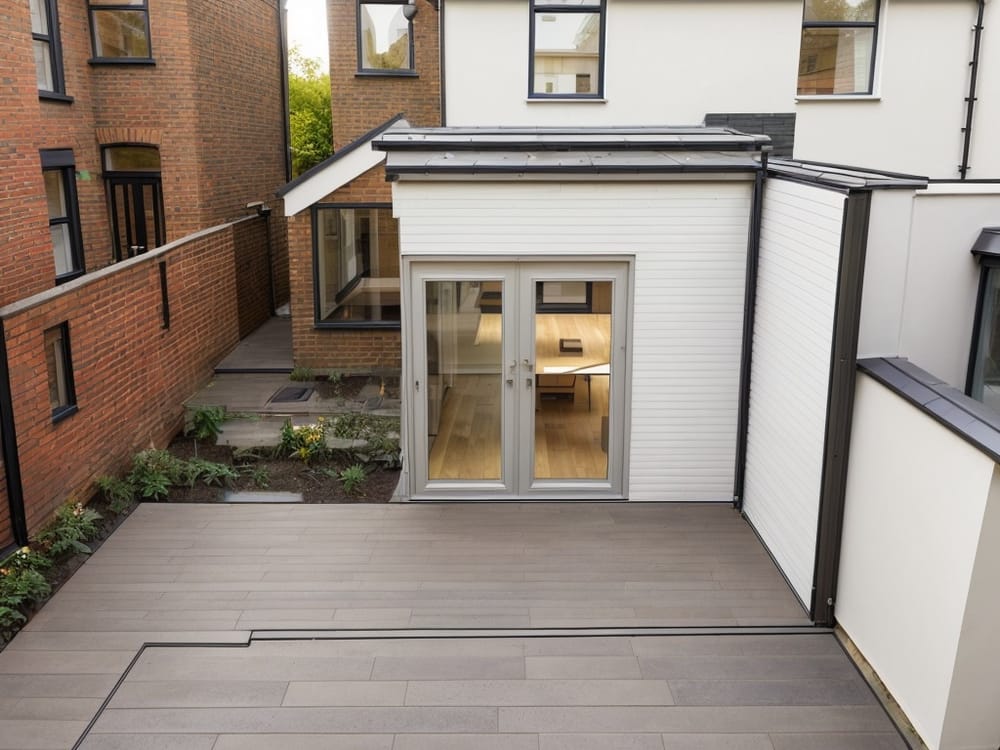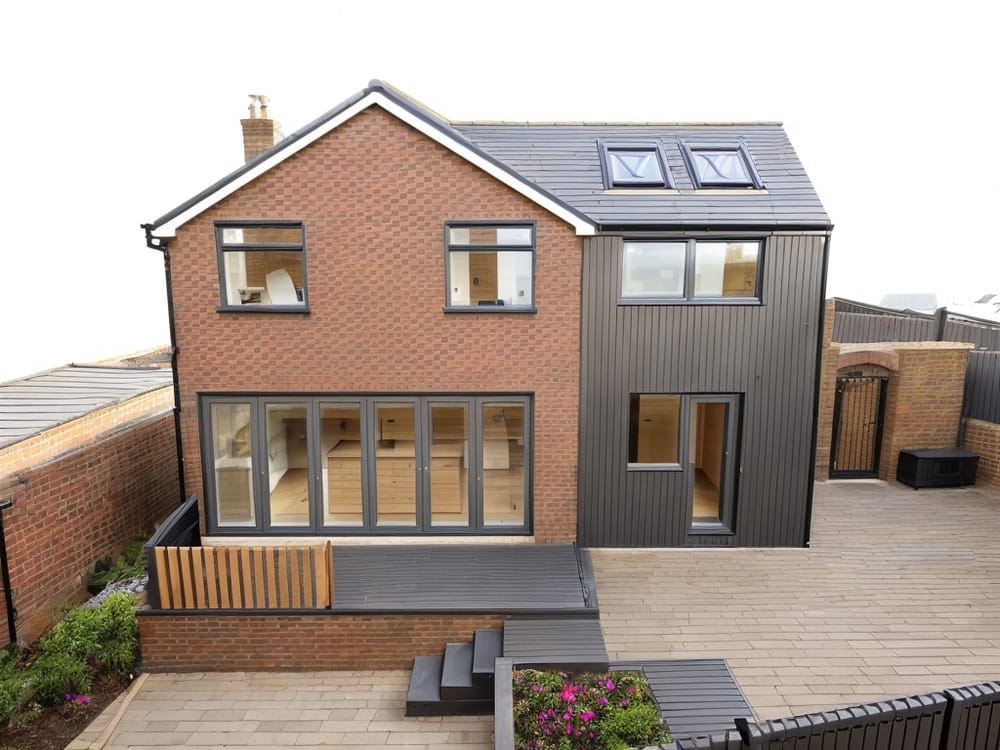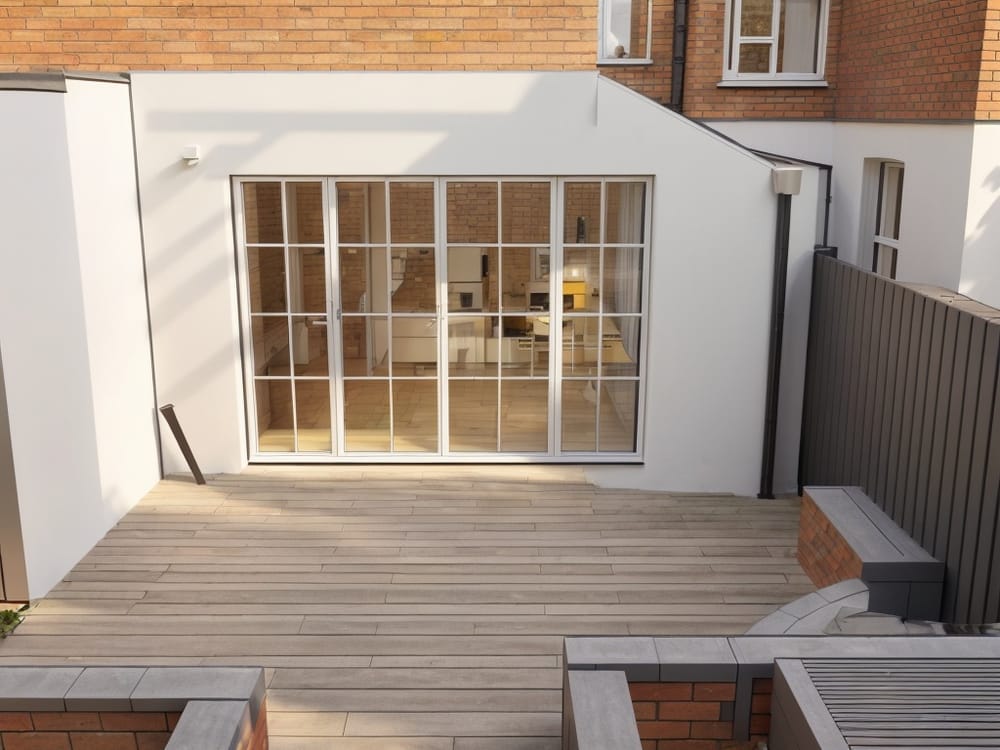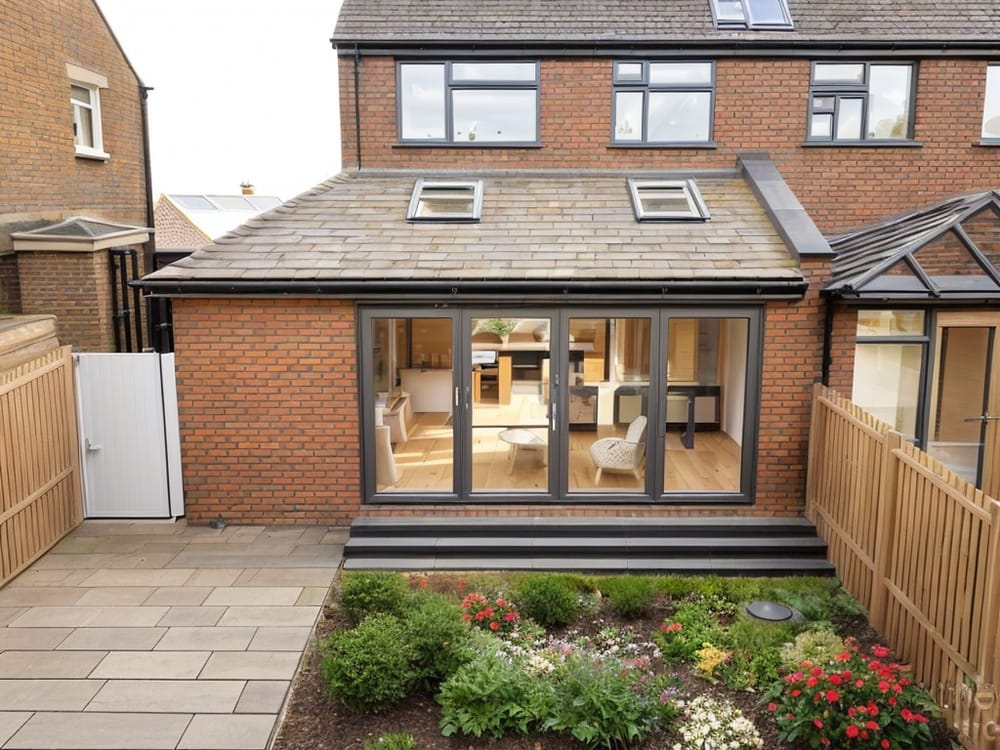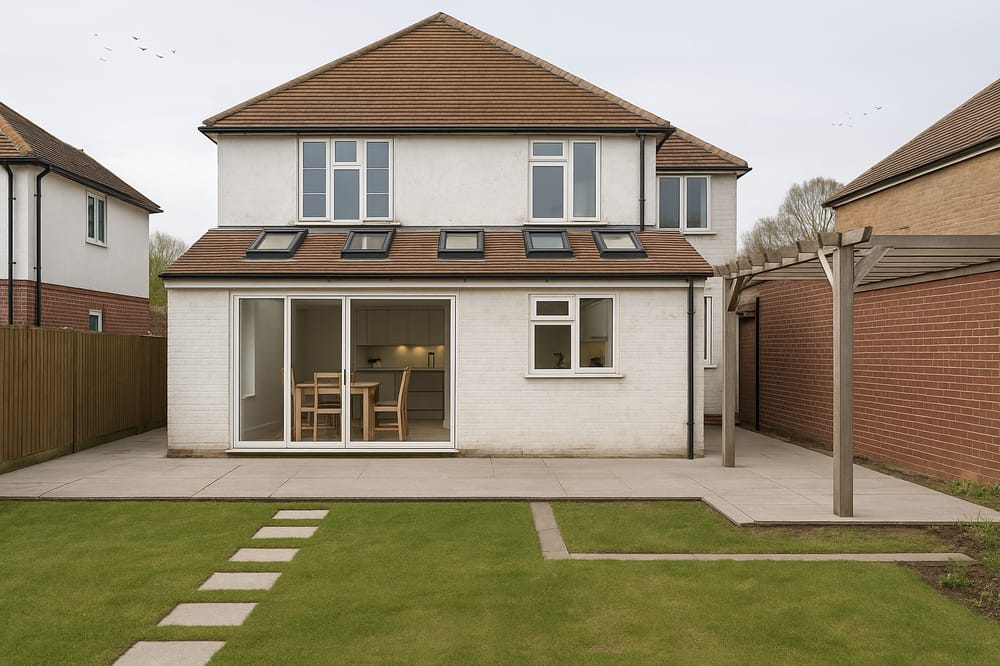Not too long ago, we shared with you the top five questions you should be asking your architect. Now we’re back, giving you more important questions to be posing to your designer.
Employing a good architect is going to be one of the most important first steps you take. Not only should they help design the perfect space for your home, a good professional should be able to provide solid advice on anything from budgeting to construction. However, not all architects are created equal. To make sure you go with the right one, here’s some more questions they should be able to answer...
Does this include building regulations?
When it comes to remodelling your home, there are plenty of articles and advice out there on planning permission. But what about it’s equally important cousin, building regulations?
Building regulations are a set of standards that every dwelling is required to follow by law. In order to build a legal extension, or conversion, you’ll need to get building regulation approval from your local authority.
When it comes to asking your architect about this important step, you’ll want to establish three important things:
- Do they provide building regulation packages?
- How much does this cost?
- Will you be paying for them before or after planning permission?
Architects aren’t the only professional who can put together a building regulations package, but it helps streamline the process, and means you can stay with a trusted professional for longer. If they do provide building regulations, you’ll want to establish the price early on. A bad architect might be offering you a cheap design fee upfront, only to overcharge when it comes to planning and building regulations.
You’ll also want to establish when you’ll be paying for building regulations. You should only be parting with your cash on this front when planning permission has been secured. If you’re unable to gain approval for your project, you don’t want to add, on top of that, a now unnecessary building regulations package.
What does Resi offer?
Our building regulations package starts at £775 per floor, and is available to anyone who’s already secured planning permission.
Do I need a lawful development certificate?
Not every home needs planning permission, in fact, you can avoid this step altogether if your project falls within your permitted development rights. However, that’s not to say no admin is involved at all.
Like planning permission, you’ll need to present your project to your local authority and get what is known as a lawful development certificate. Having this proves your build is legal, making it easier to sell your home in the future. Not to mention, any build that’s found to have not followed the strict permitted development rights guidelines, could be demolished.
So if you are going down the permitted development route, ask your architect if they’ll be able to not only keeping you within your rights, but also to secure this important piece of documentation.
Are any party walls affected?
If you live in a non-detached property and have neighbours, it’s likely you’ll have to consider your party walls. These are walls, buildings, or boundaries that are shared between your home and the one next door.
Depending on your relationship with your neighbours, getting together a party wall agreement can either happen in a flash, or drag out for months. For this reason, it’s a good idea to have an architect who is well versed in the legalities that go into party wall matters. This way, they’ll be able to advise early on if a party wall will be affected by your build, and how to manage any disputes. Party wall solicitors are costly, so having an expert in your corner can really help take the pressure off your budget.
With Resi, our team of designers have helped hundreds of homeowners manage their party wall matters with plenty of success.
How is payment calculated?
Different architects have different methods for putting together their pricing. Here are the most common methods…
Percentage basis
The architect will charge a percentage of your construction fees. Before fees can be estimated, the client and architect need to establish the services to be provided, the approximate construction budget and the nature of the work.
Lump-sum basis
Lump sums are best used where the scope of the work can be clearly defined from the outset. It is important to define the parameters of services - i.e. time, project size and cost - where applicable, so that if these are varied more than an agreed amount, the lump sum itself may be varied.
Time-charged basis
This basis is best used where the scope of work cannot be reasonably foreseen or where services cannot be related to the amount of construction. It may be wise to set an upper limit on fees to be incurred, perhaps on a staged basis. Records of time spent on services will be made available to clients on reasonable request.
Learn more about architect charges.
Can you recommend other professionals?
No extension can be built by one professional alone. From structural engineers, surveyors, all the way to contractors, you’ll need a whole team to realise your project.
For anyone diving into their first project, finding so many trusted experts can feel like a daunting task. After all, it only takes one bad apple to end up delaying your project by months, and eating up your budget. That’s why, as one of the first professionals you hire, an architect should be the one to put you on the right path.
Architects work with a wide range of other companies, as our designs often need to be coordinated with the structure of the building, construction plans, and future fittings. At Resi, we personally vet all the professionals we work with, and since we take on over 500 projects a year, that’s a lot of industry folk!
Our Connect service introduces you to specialists in your area, from builders to interior designers. We vet contractors by assessing them against a range of criteria amongst which are: whether or not they are Trustmark or FMB affiliated, whether they have the relevant insurances in place; an assessment of their past work; meeting minimum financial standards; and finally, references from both previous customers and trade.
Make sure your chosen architect goes this extra mile for you!


